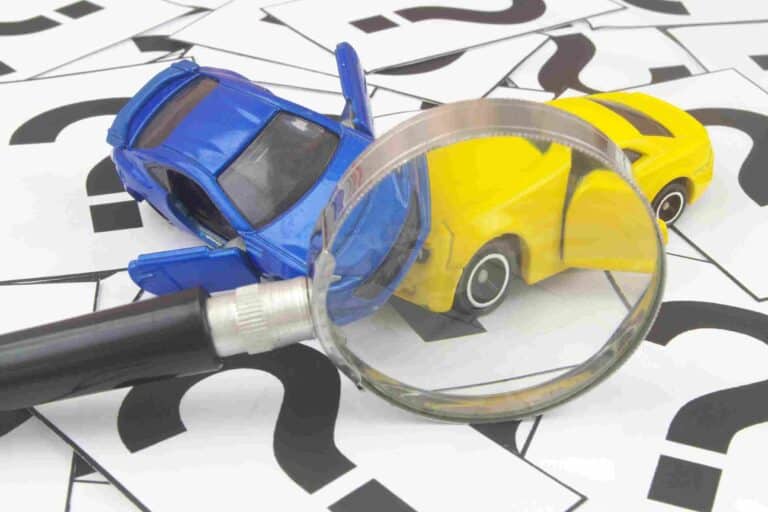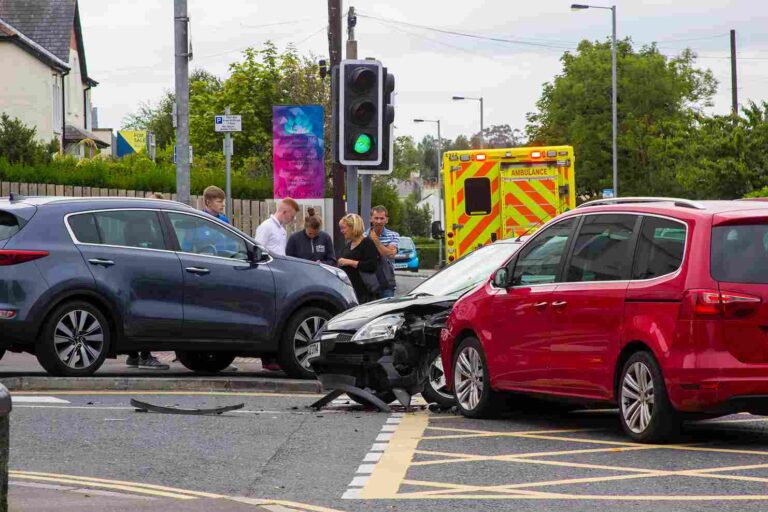Trailers and trailer hitches are pretty common here in Texas. They allow for greater usability of your vehicle and make it convenient to transport anything from boats to furniture to campers. While these features add convenience for the driver of the vehicle, they can impact the severity of damage or injuries if there is an accident.
There can be dangers to nearby drivers from both the trailers and the hitches themselves. A collision with a runaway trailer or a hitch with no trailer can increase the chances of certain types of damage to your vehicle as well as serious injuries.
The Danger of Runaway Trailers
When ordinary people attempt to hook a trailer to the back of their vehicle, they usually haven’t had any kind of professional training in doing so. The result is hitching a horse, boat, trailer or car in a way that may not have been done correctly.
Each year, thousands of people are injured or killed in hitch and towing accidents. The cause is often negligent towing or a faulty hitch. Negligent towing includes vehicle owners who simply didn’t know what they were doing.
Causes of Hitch and Towing Accidents
Many times a vehicle with a trailer is being driven by someone who is inexperienced driving with a trailer and makes a mistake maneuvering the vehicle and cargo in traffic.
Hitching and towing accidents can happen not only with an inexperienced driver in a station wagon but also with an experienced commercial driver of a semi-truck. Some reasons for this type of accident include:
- Excessive speed
- Failure to use safety chains
- Overweight cargo
- Faulty brakes
- Defective trailer coupler
- Rusted components in trailer hitch
- Road conditions such as potholes
- Unexpected turns
- Steep declines
Injuries from a Runaway Trailer Accident
An unfortunate driver caught behind a runaway trailer is in danger of very serious injuries. A trailer that is skidding or rolling out of control endangers anything in its path. If it happens to be traveling downhill toward another vehicle, the impact is that much worse as it picks up speed.
Trailers come in many different sizes and shapes, but all of them can result in serious or even fatal injuries if they become detached from the vehicle that is pulling them. Trailers that come from the back of a semi-truck are of extreme size and weight and can easily total a nearby car. There’s a good chance that when a runaway trailer barrels toward your vehicle, you won’t have sufficient time to move out of the way.
Rear-End Collisions When You Have a Trailer Hitch
According to the National Safety Commission, approximately 40 percent of the vehicles on the road are equipped with a tow hitch receiver, which is part of the towing package that remains bolted onto the rear frame of the vehicle. Having this piece attached to your vehicle actually puts you at increased risk of injury if your vehicle is hit in a rear-end collision.
In a car without a tow hitch receiver, the force of a rear-end collision is distributed through the back bumper and the undercarriage of the vehicle. With a tow hitch in place, a rear-end collision impacts most or all the force of the impact on this protruding metal hitch. There’s no resistance from the fender crumpling. This causes a higher amount of force through the frame increasing the amount of force that affects the driver and passengers.
The impact of this increased force can be unexpected and result in the following:
- Increased risk of severe injury – With a tow hitch in place, occupants of the vehicle have a 22 percent higher risk of experiencing severe whiplash when hit from behind and are also at an increased risk of being thrown forward a further distance
- Decreased risk of vehicle damage – the tow hitch prevents the vehicle from being badly damaged
This sets up a win-win situation for the insurance company, but not for the victim. Since the vehicle appears to suffer little if any damage, the insurance company saves money on having to fix the vehicle and may try to cast doubt on the severity of your injuries.
Protecting Yourself from Tow Hitch Injuries
Removing the ball mount, cargo carrier or bike carrier after use may help somewhat to decrease the risk of whiplash injury from a rear-end collision. There are energy absorbing products that you can purchase to make the tow receiver safer.
If you do get into an accident with a tow hitch on your car, you’ll need to be able to prove that any injuries you sustained were caused by the accident even if there doesn’t appear to be damage to your vehicle. Keep in mind that signs of injury don’t always appear right away. Whiplash injuries may take as long as 72 hours before showing symptoms.
Whenever you have been rear-ended, it’s a good idea to take pictures of the front of the other vehicle. This may show an imprint of the tow hitch and may also show that the other vehicle was more badly damaged than yours was.
Who is at Fault for Hitch and Towing Accidents?
It may seem obvious to you that the person at fault for a hitch and towing accident is the driver of the vehicle that the trailer detached from, but it’s sometimes more complicated than that. Depending on the circumstances, liability for the accident can be attributed to:
- The Driver of the Towing Vehicle – Sometimes it’s very clear that the driver of the towing vehicle was clearly at fault for failing to mechanically maintain the vehicle or for failing to secure cargo properly. As the plaintiff, you would need to prove that the driver failed to do what a reasonable person would have done attaching the trailer.
- Cargo Loaders – In accidents with commercial trucks, it is sometimes possible to prove that cargo loaders loaded the truck beyond its maximum capacity.
- Hitch Manufacturer – When a hitch fails through no fault of the driver but because of manufacturing design, the manufacturer may be considered to be at fault.
Get Legal Advice
If you have been injured in a Texas motor vehicle accident caused by the negligence or carelessness of another driver, you may be entitled to compensation. If you were rear-ended or sustained injuries due to a runaway trailer and you believe the other driver was at fault, it’s in your best interest to talk to an expert personal injury lawyer.
Get in touch with Patterson Law Group by filling out the form on our contact page in order to set up a meeting to discuss any questions you may have and to learn about your rights. We will be in touch very soon to set up your free case evaluation to find out what happened and see how we can help. Our aim is to provide justice to as many people as possible. We’ll negotiate with the insurance company on your behalf or represent you in court if necessary. There is no cost to you unless we win.





